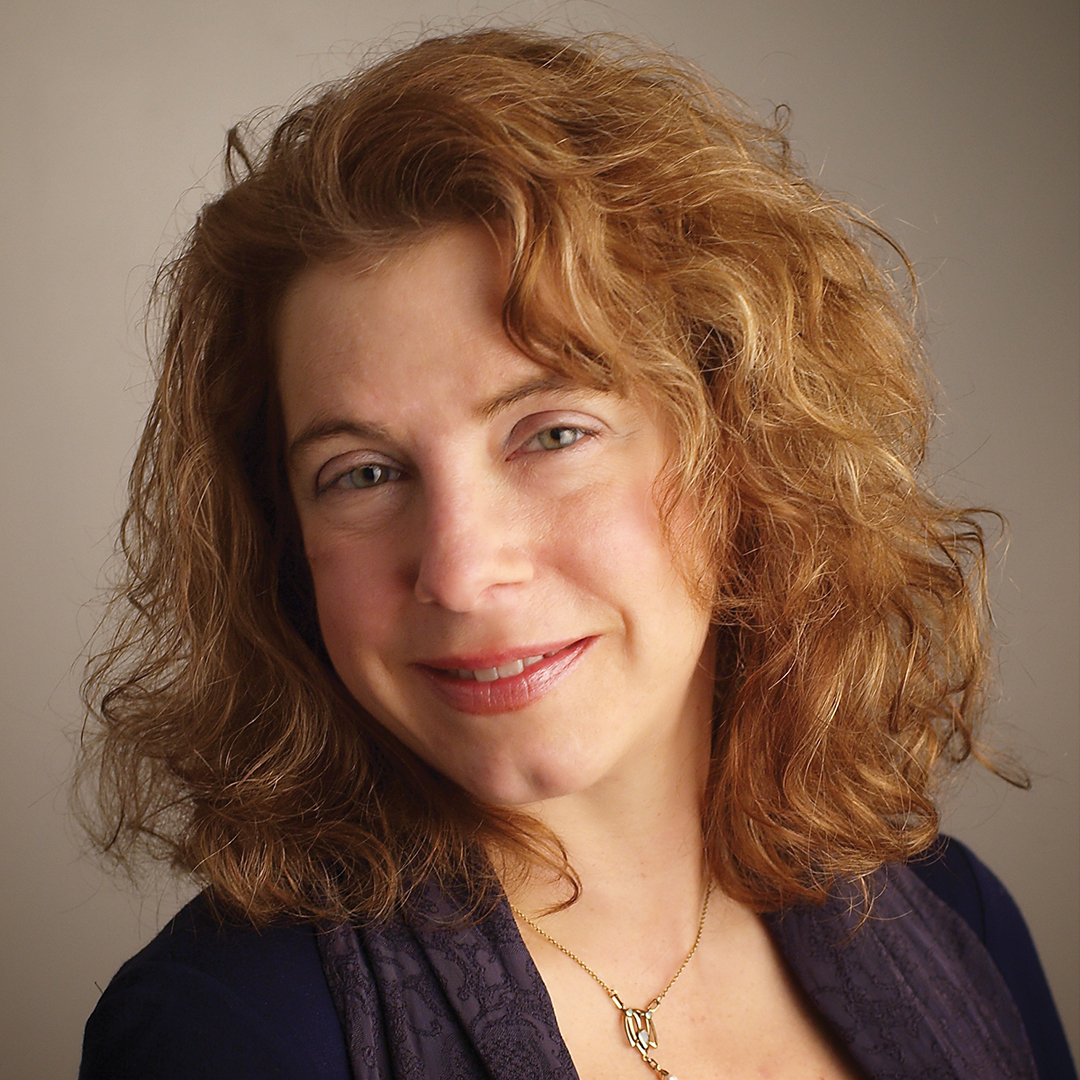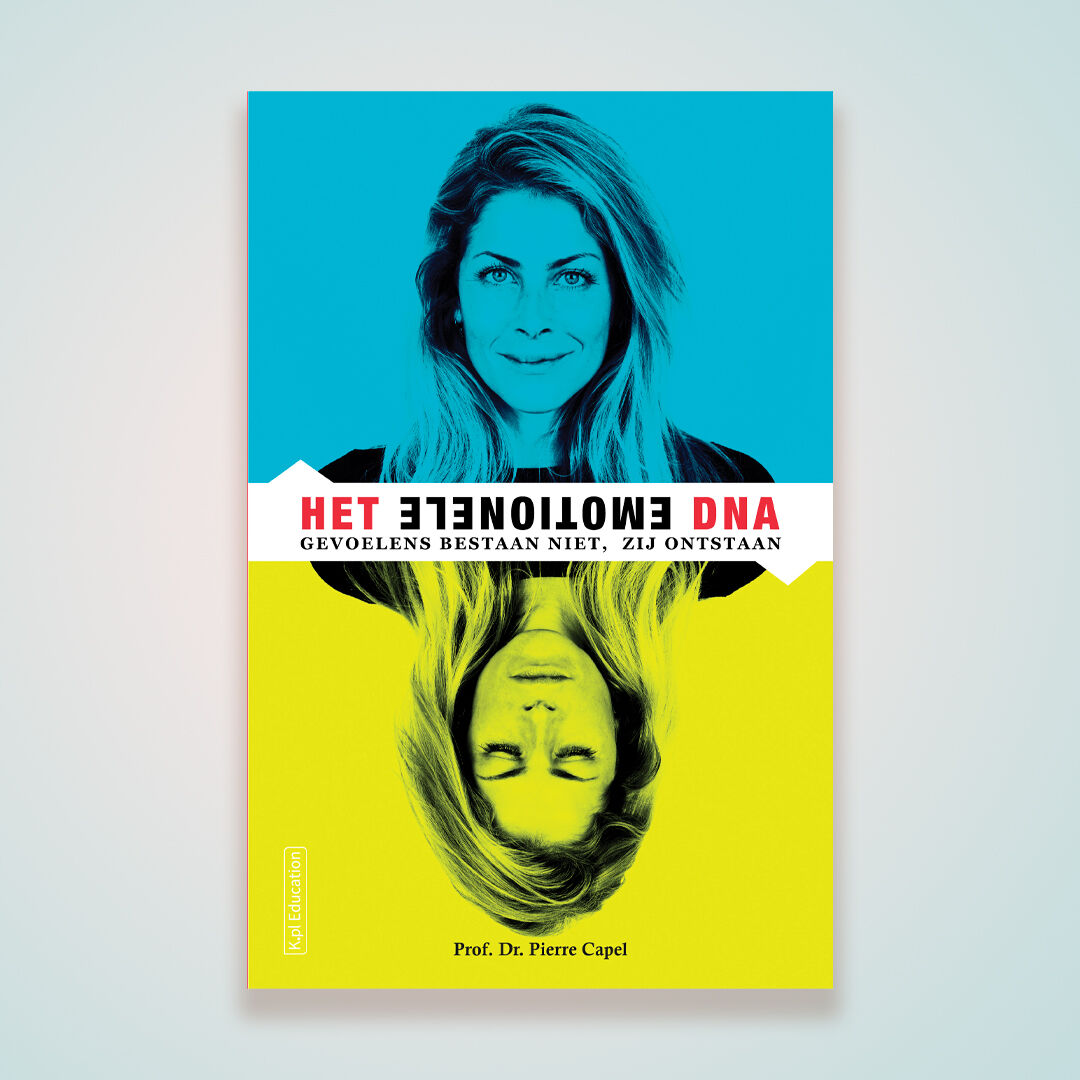Hildegard for president
Marlies: For this season's collections inspired by Hildegard von Bingen, I did a deep dive into the nun's life. And boy, is there a lot written about her! But your book is the first one to make us look beyond the saint and see Hildegard as a woman. Formidable yet totally loveable. Thank you, Mary! Why does she still strike a chord with us, after all these centuries?
Mary: Hildegard was a force of nature. While I was writing about her, I was completely enraptured by her unapologetic power. Expected to be silent and subordinate, Hildegard pushed the boundaries and created her own paradigm of what women could be in this world. For example, in a time when women weren't allowed to preach, she went on four preaching tours. During one of her bravest moments, Hildegard stood on the steps of Cologne Cathedral at age 72, publicly attacking the church for its (sexual) corruption, during an age where heretics and other perceived enemies of the Church were burned at the stake.
Marlies:She was badass.
Mary: You wouldn't want to meet a crabby Hildegard alone in an alley at night, that's for sure! At the same time, she shows us what a woman can achieve when she is not afraid of her own power.
Marlies: Which is hugely important. I get sad seeing how, even today, women are held back by the fear of their own power. That's why it's so awesome that you write all these strong, fearless women - from Renaissance poet Aemilia Bassano Lanier to mystic Margery Kempe - back into history. Women need to hear these stories! What can we learn from Hildegard about overcoming this fear?
Mary: (Smiles) Hildegard believed in herself, in her visions of divinity that arose from within. They empowered her to change her world, to found two monastic communities for women, to become the first composer for whom we have a biography, to write nine books about subjects ranging from natural science to human sexuality - including, by the way, the first description of the female orgasm.
Marlies: Which we will definitely have to address in a minute.
Mary:(Laughs) We will! But my point is that even if we are not visionaries like Hildegard, we do all have dreams and visions. Learning how to access and trust them is the key to our empowerment.
Marlies: I couldn't agree more. Now, about that orgasm. I was utterly moved by your description of the deeply passionate love between Hildegard and her personal assistant, Richardis von Stade. How much of that is historical fact?
Mary: Richardis was a real person, a Benedict nun who assisted Hildegard with her visionary writings. We don’t know that their love was physical—it could have been completely chaste, but it was emotionally intense. I found the historical basis for my depiction of their love in Hildegard's personal correspondence: some of the most romantically passionate letters I’ve ever read! At times, you can see Hildegard's heart break on the page. When Richardis leaves to become abbess of her own monastery, Hildegard writes that she never loved anyone the way she loved her, quoting Christ on the cross, 'Why have you forsaken me?' Hildegard made no attempt to hide her love. She even begged the pope to stop Richardis's transfer.
Marlies: The pope himself! I love the shamelessness of that! Another 'juicy' detail in your novel is the way Hildegard and her nuns celebrate their femininity by wearing their hair long and dressing like queens on special occasions. Such a beautiful example of Hildegard's 'feminine feminism'.
Mary:That is also based on historical fact: a very bitchy letter written by a scandalized abbess. "Is it true that in your abbey you allow your nuns to dress in silk and golden diadems?" she wrote. To which Hildegard replied, "As brides of Christ, aren't we allowed to be beautiful for our groom?" That shut her up!
Marlies: (laughs) Brilliant! She wasn't just reckless; she really knew how to play the game, didn't she? Perhaps that's another lesson we can learn from Hildegard?
Mary: Absolutely. She took an incredible risk by writing down her visions, for example, in which the Divine appeared to her as feminine. But by saying that as a simple, modest woman, her imagination only allowed her to see God in female form, she avoided getting burned as a heretic. So clever! I also love the fact that Hildegard didn't start writing till she was 42; claiming her voice in midlife. I was in my forties myself when I was working on 'Illuminations', and Hildegard's message that it's never too late to become a 'powerfrau' was so inspiring to me!
Marlies: As it was to me. When did your love for Hildegard start?
mary: I became fascinated with Hildegard when I was studying to become a natural medicine practitioner in Germany. Even before her canonization in 2012, she was already a hugely popular icon there. But I was always very spiritual and grew up Catholic. And while my brothers were altar boys, I wasn't allowed to be one as a girl, which I thought was terribly unfair.
Marlies: I can totally relate. I moved heaven and earth to become the very first altar girl at our church.
Mary: Wow, good for you! Later on, I met this radical feminist nun who performed liturgical dance at our parish. She looked so strong and free, whirling in her long green dress without a bra (this was the 70s, of course). When I moved to Austria, I taught at a Catholic girls' school, run by nuns. The head mistress was called Sister Hildegard. She was one badass nun. At the end of the day, she would put her feet up on her desk and crack open a beer. And when people complained about the girls wearing inappropriately short skirts, she would say: "I'm a nun! I don't look upon girls in worldly ways." Freely translated as: "Mind your own business."
Marlies: A modern-day Hildegard! If Hildegard were alive today, what do you think she would be?
Mary: The possibilities are endless, from a CEO to an eco-warrior or a rockstar. I say: Hildegard for president! If anyone can save us, it's her.
Marlies: I'm all for it. Thank you, Mary. Keep writing women back into history!
MD Friends
Building bridges
From the Erasmus Bridge and the Mercedes-Benz Museum to Qatar’s metro network; Ben van Berkel’s iconic landmarks bring people together in rapturous beauty, again and again. I talked with the Dutch architect and educator about sensuality, ‘healthy’ buildings and the remarkable parallels between our designs.
MD Friends
More than a feeling
Don’t ignore your emotions; they are much more powerful than you can imagine. By linking the magical world of emotions with hard science, Dutch scientist Pierre Capel, professor emeritus in experimental immunology, shows us the consequences of our feelings and the power of our minds. The message: we can do much more than we think. “Meditate. It’s the single best thing you can do for your health.”
Marlies Says
Keto curious?
The fact that I feel bikini-confident all year round is, of course, a nice bonus. But for me, the biggest payoff of following the keto diet is the way it optimizes my health and gives me tons of energy.
Marlies Says
Super (skin) food
‘If you can’t eat it, why put it on your skin?’. I pretty much live by this beauty adage. After all, with your skin being one of your body’s largest organs, anything – and I mean anything! – you put onto your skin will end up in your bloodstream.











